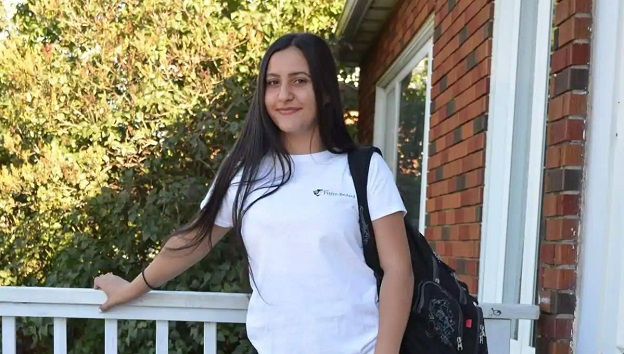Quebec launches paid accelerated training program for home-care workers

Posted February 13, 2024 1:33 pm.
Quebec wants to pay people to become home-care workers.
Minister of Health Christian Dubé, Minister of Education Bernard Drainville, and Minister for Seniors Sonia Bélanger announced the new program Tuesday.
Registration is open for short-term training course for home support workers as health and social service assistants.
The objective is to train 1,000 new home-care workers by fall 2024.
“Quebecers want to be cared for at home for as long and as often as possible,” said Dubé. “Furthermore, in the current context of an aging population, it is our responsibility to focus on options outside of our health network’s own infrastructure.”
This is part of the government’s efforts to make a major shift in home support because they want to strengthen home-care teams to reduce the use of private agencies and people in hospitals.
The short-term training will last 705 hours, spread over a period of approximately five months, compared to 870 hours for regular training.
It will be offered throughout Quebec, in several professional training centers.
The first trainings will begin in the coming weeks.
“Being able to count on the staff necessary to provide quality care and services to people in all care settings, but also to those who wish to remain at home, is one of the big challenges we face,” said Bélanger.
To financially support future students, a $12,000 scholarship will be awarded in return for a six-month commitment period to work in the health and social services network.
The scholarship will be paid in three installments of $4,000 and be contingent on a six-month commitment to work in the health system.
The final payment of $4,000 will be made upon obtaining their certificate.
However, if the training is not completed, it must be reimbursed.
In addition to financial support, future attendants will be guaranteed employment as soon as they receive their certification of professional studies (AEP).
This program follows the one launched during the COVID-19 pandemic, which enabled the hiring of more than 10,000 PABs in the health and social services network.
It also follows the short training, launched in May, which made it possible to train 3,000 orderlies (PAB) to work in long-term care homes and both public and private seniors’ residences.








